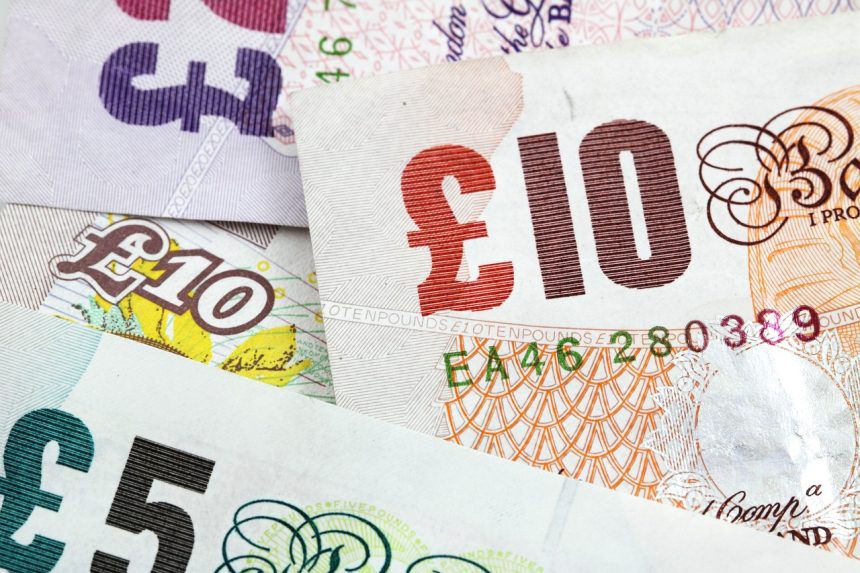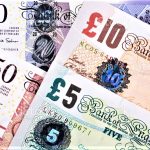Pound falls dramatically to approximately 1.2750 against the US dollar.
The Pound Sterling (GBP) falls steeply from a four-month high. As investors expect the Bank of England (BoE) to change to a dovish monetary policy stance in the face of weakening inflationary pressures in the UK economy. Despite early rate cut forecasts from the Federal Reserve (Fed). The GBPUSD pair fails to extend its winning streak as market sentiment has turned negative.
High inflation and recession fears in the United Kingdom may challenge the idea of the Bank of England becoming a laggard in decreasing interest rates.
Policymakers at the Bank of England are projected to encounter huge challenges as Price pressures. In the United Kingdom are significant in comparison to other Group of Seven nations. And the economy is on the approach of a technical recession. As demand in home and international markets deteriorates. Due to economic contraction, the Bank of England may be forced to become dovish.
Daily Market Movers: The Pound Sterling falls dramatically, while the US Dollar finds support.
Pound Sterling fails to hold gains as investors worry about the UK economy entering a recession.
The Pound Sterling’s demand is diminishing since the Bank of England may not be the last to cut borrowing prices.
The Office for National Statistics (ONS) revised in a modest decrease, heightening expectations of a technical recession in the UK economy. Gross Domestic Product (GDP) increased by 0.1% in Q3, necessitating early rate decrease discussions.
If the UK economy contracts in the fourth quarter of 2024, the chances of the Bank of England relaxing its restrictive monetary policy would increase.
According to the Bank of England’s most recent predictions, the economy will remain stagnant in the fourth quarter.
Last Monday, UK Finance Minister Jeremy Hunt stated that there is a realistic probability that if we stay on course, the administration would be able to reduce inflation and the central bank will begin decreasing interest rates.
Meanwhile, underlying inflation in the UK economy remains the highest among the Group of Seven economies, keeping BoE policymakers on their toes.
The core Consumer Price Index for the United Kingdom (CPI) has slowed to 5.1%, although it remains more than double the necessary rate of 2% due to strong wage growth.
Policymakers at the Bank of England may disagree on whether to maintain the current tight monetary policy stance for an extended period of time or to begin unwinding higher interest rates.
The US Dollar Index (DXY) has found support near 100.60, but overall demand remains weak.
The overall market attitude remains positive, with investors betting on the Federal Reserve cutting interest rates sooner rather than later.
The Fed is likely to begin decreasing borrowing costs in March, as price pressures in the US economy are plainly on the down.
FX activity has clearly signaled that investors are optimistic about early rate hikes.
This week’s FX activity has clearly signaled that investors are optimistic about early rate hikes. The Fed has made cuts. Despite a low trading volume and a light economic calendar, the US Dollar may remain under pressure.
Meanwhile, the US Department of Labor announced. That the number of people filing for unemployment benefits for the first time was 218K. Compared to predictions of 210K and the previous figure of 205K.









